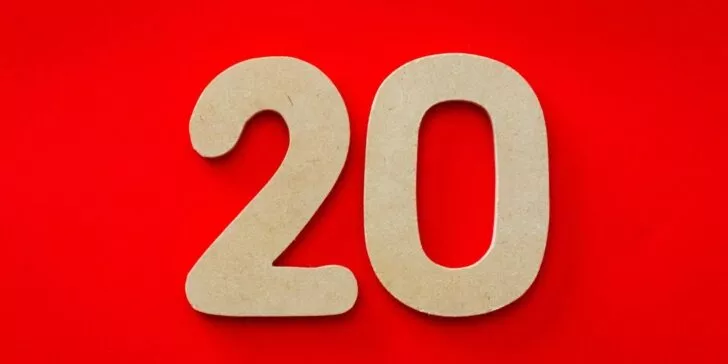What’s this all about? Who’s Matt Hall? Check out the series:
I’m going to be starting my PhD in the fall and I have a chart of all the things I’m interested in for research. One of them is visual literacy. I’d love to get your take on this. I’m trying to see it from an educational perspective (lesson design, interactive white boards, enhanced version of writing, etc…)
First, it must be said, I was never so happy / relieved / exhausted / elated as when I finished my master’s thesis. Despite having the best thesis advisor in the world. Hi Dr. L! So the concept of a dissertation boggles my mind. Seriously. Boggles. Like, presses it down and pops it up and rattles all the little bits around.
But that’s not really the point here, is it? Visual literacy. That’s the point. So. There’s two sides to how I’m thinking about it.
The first is the individual. Am I visually literate? Are you? How does a teacher decide if a schoolkid is? How do you score someone’s visual literacy as a capability of a human?
The other is the technology. Will this gizmo enable visual literacy? Does it make it easier to intake information? How do you score something’s visual literacy as a capability of a technology?
But the thing that’s more difficult than either of these sides of the coin, is the fact that the overall concept is a moving target.
- Visual literacy now can mean learning how to design and interpret infographics, or being a technology that enables their creation. Five years ago, nobody knew what an “infographic” was.
- It can mean editing YouTube videos. Ten years ago, the only people who needed to know how to make a video narrative cohesive were professional film editors.
- From the professional world down to grade school levels, visual literacy now includes a fluency in PowerPoint. It didn’t exist a few decades ago – presenters used index cards and transparencies on an overhead projector.
So my main point, regarding visual literacy, is the difficulty of defining and measuring a moving target. Schoolchildren will need to be literate in an entirely different way in the next generation than they were in the last one, and it will continue to change. How do you track that, and make sure it’s keeping pace with society? I don’t know the answers.
That’s why I’m not doing a dissertation.


Comments are closed.